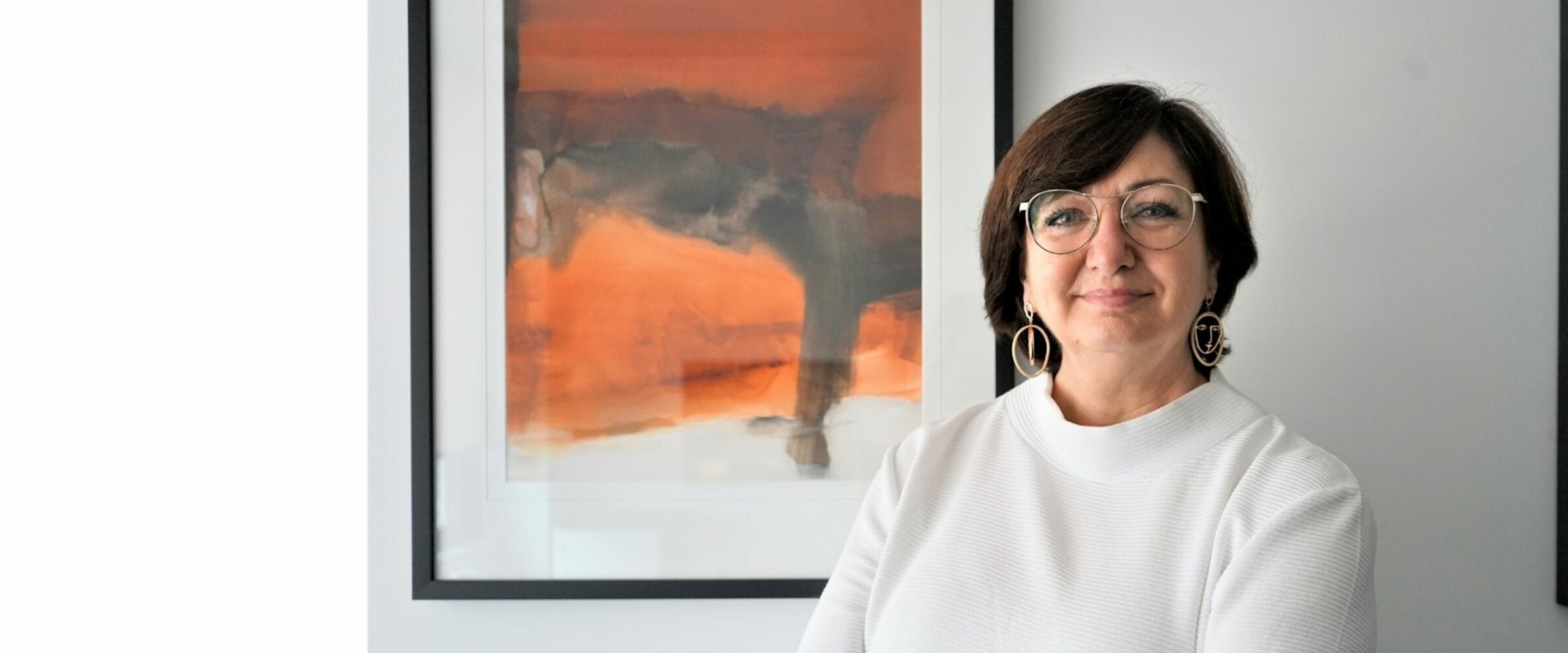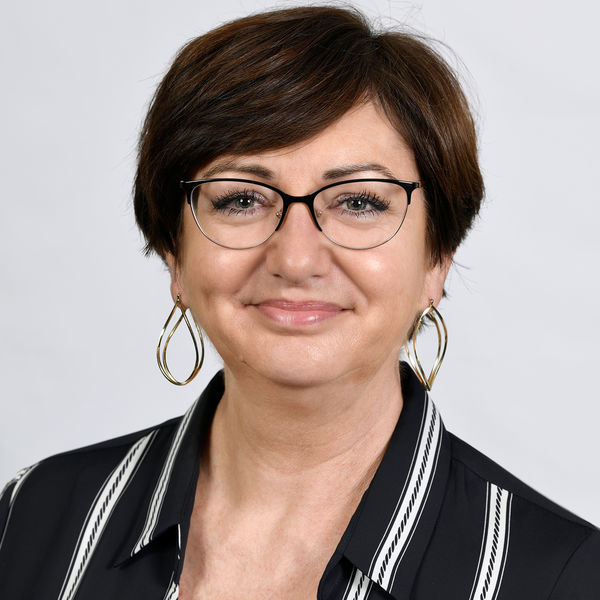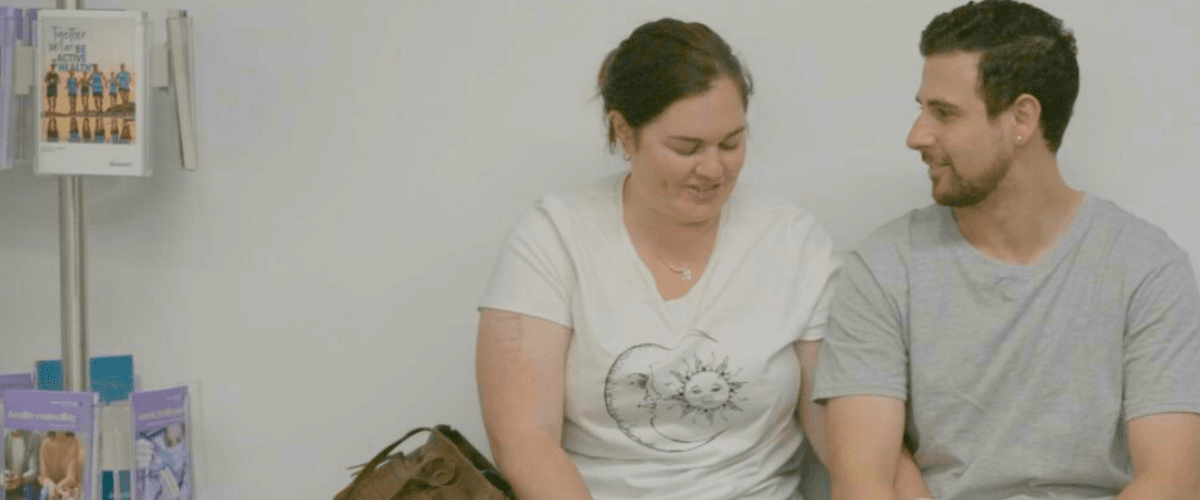
Reflecting on one year as Group CEO of Virtus Health
A year has passed since I started my role as Group CEO of Virtus Health. Coming into Assisted Reproductive Services, I knew my experience as both a nurse and a lawyer would serve me well navigating a highly regulated area of medicine. As I reflect on my first 12 months, I’m proud to have a leadership role in this sector; the work that we do as an industry, and the standard of care that we uphold is, in my opinion, some of the best in modern medicine.
Coming into Virtus, I was really impacted by the high quality of care and services that our team provides to people hoping to become parents. Assisted Reproductive Services (ARS), including IVF and reproductive genetics, is a relatively new area of medicine; the first child born through IVF in Australia came into this world just over 40 years ago. What continues to amaze me is how far the sector has come in a relatively short period of time. When it first began, nobody knew where we would progress to, and nobody could foresee that within 40 years, one child in every classroom would be born through IVF.
This progress has been made possible through research, improving the services and care that we provide to the community.
Over the past four decades, ARS has continued to evolve and improve. In the early days, IVF was only available to married couples, multiple pregnancies were common and donor programs were based on anonymous donation.
Today, we provide services to a diverse range of people who want to become parents, including couples, single women and the LGTBQI+ community. We have ethnically appropriate programs that we have co-developed with many communities in our multicultural Australia. Assisted reproduction also provides invaluable support for young people in cancer treatment as well as those affirming their gender through preserving their eggs, sperm and ovarian tissue. At Virtus, we are proud to be Australia’s largest provider of these Fertility Preservation services.
Our Reproductive Genetics service helps families understand why miscarriages may occur and we have genetic tests that can identify the healthiest embryo, to help ensure that a successful pregnancy is more likely. We are also helping families with a history of serious genetic conditions, to avoid passing those conditions onto their children.
It is challenging and emotional work that we do, and I have seen first hand the passion, commitment and empathy of our people as they go about their work. I am truly in awe of our team of professionals.
Not only has the industry itself advanced significantly, but so too has the way in which our societies discuss and approach the topic of infertility, donor conception and IVF.
The taboo around assisted reproduction has been broken down over the years and today, it’s largely a normal and accepted part of our community.
The fact is, without ARS, millions of children around the world would never be born. IVF leads to the creation of more than 14,000 families every year in Australia and the donation of eggs, sperm and embryos contributes greatly to the community, giving people who otherwise couldn’t become parents an opportunity to have a family.
At Virtus, we have the great privilege to work and learn from one of the world’s first IVF babies, Rebecca. Rebecca’s story is a fascinating one and charts the changes in both science and social attitudes towards assisted reproduction. After learning of her conception via IVF at 12 years old, Rebecca at first felt like a ‘science experiment’. However, after learning about the industry and the science, and meeting fellow IVF conceived people, she developed a passion for educating young people on fertility which led to advocating for reproductive rights and greater access to assisted reproduction in Australia.
It is actions and voices like Rebecca’s that has contributed greatly to ARS, and advancing our sector to where it is today: a modern, socially responsible, highly regulated and ethical area of medicine.
As leaders, we have an obligation to continue to improve.
I often ponder the question – what does being an industry leader mean? In my view, it is not the size of our organization, or the number of babies born, it’s acknowledging where we can do better and improving our care and services, and it’s supporting those families who don’t come out the other side with a child.
And while not every IVF cycle will be successful, the number of Australians who have been conceived through assisted reproduction could fill the entire city of Hobart. That’s a powerful reminder of the impact IVF has on communities, and the great responsibility we, who are leading the sector, have.





